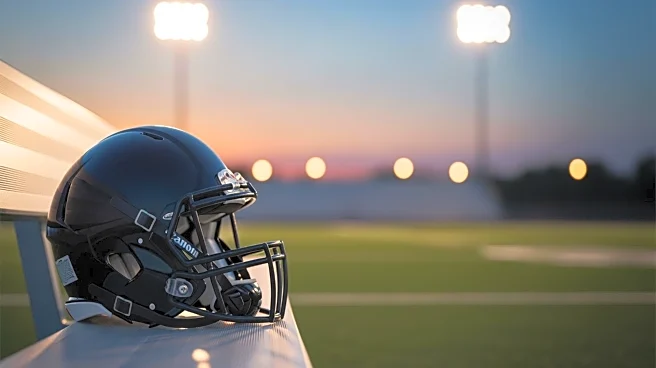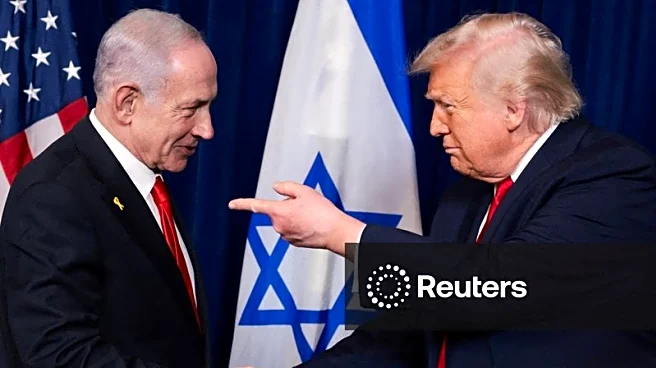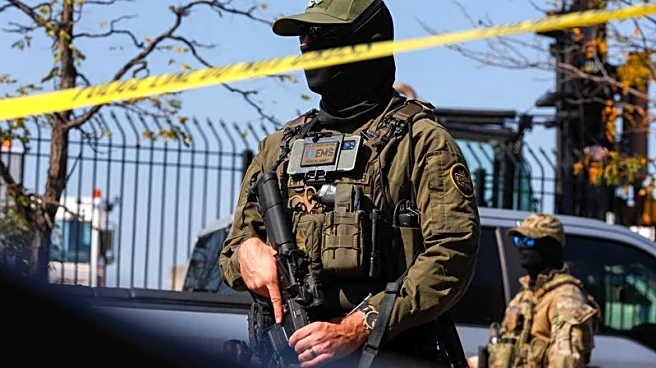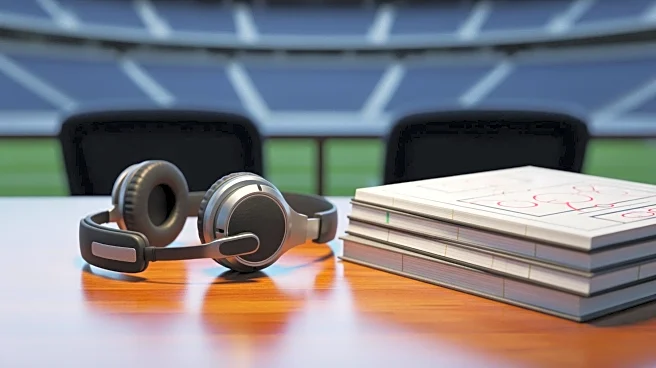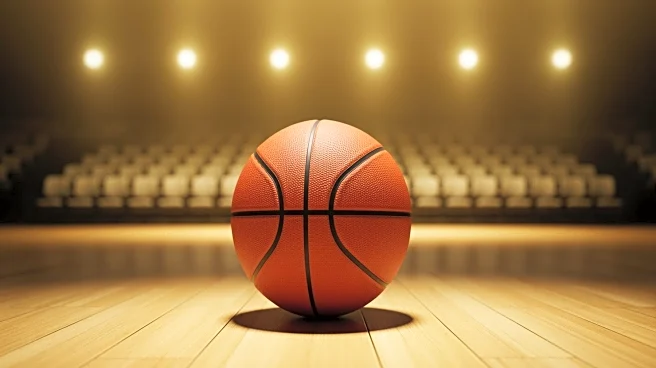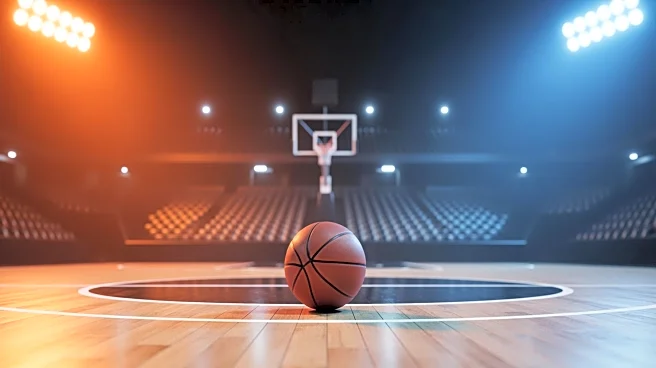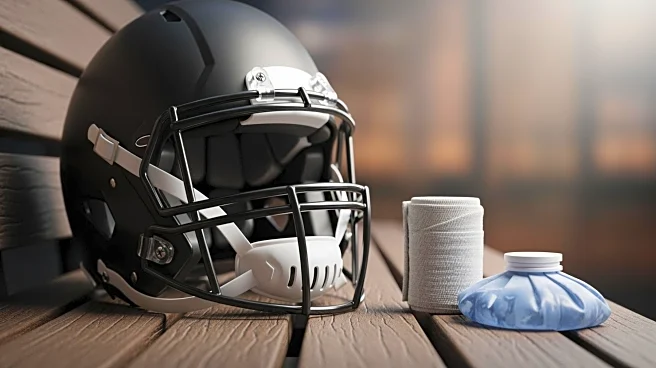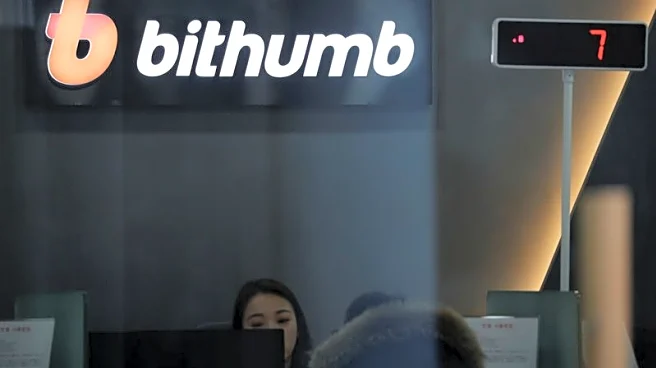What's Happening?
Miami Dolphins quarterback Tua Tagovailoa recently issued a public apology during a press conference for his previous remarks about players being late or absent from 'player-only' meetings. Tagovailoa's comments have sparked curiosity regarding which
specific players he was referring to, as he criticized some teammates for not doing the 'little things' necessary for team success. During the press conference, Tagovailoa was asked to identify the best leaders on the offense, to which he named fullback Alec Ingold, offensive linemen Aaron Brewer and Austin Jackson, and running back De'Von Achane. Despite these acknowledgments, the question remains about which players were not meeting expectations, as Tagovailoa's apology has overshadowed the specifics of his initial complaint.
Why It's Important?
Tagovailoa's comments and subsequent apology highlight potential issues within the Miami Dolphins' team dynamics, particularly concerning leadership and accountability. The situation underscores the importance of cohesion and discipline in professional sports teams, where individual actions can significantly impact overall performance. The unresolved question of which players were not adhering to team expectations could affect team morale and performance if not addressed. This incident also reflects the pressures athletes face in maintaining team unity and the challenges of addressing internal conflicts publicly. The Dolphins' management and coaching staff may need to intervene to ensure that the team remains focused and united as they navigate the season.
What's Next?
The Miami Dolphins organization may need to address the underlying issues raised by Tagovailoa's comments to prevent any potential rifts within the team. This could involve private discussions with players to clarify expectations and reinforce the importance of punctuality and participation in team activities. The coaching staff might also consider implementing measures to improve communication and leadership within the team. As the season progresses, the Dolphins will need to ensure that any internal conflicts are resolved to maintain their competitive edge. The situation may also prompt other teams to evaluate their own internal dynamics and address similar issues proactively.
Beyond the Headlines
Tagovailoa's apology and the ensuing questions about team dynamics could have broader implications for how professional sports teams handle internal conflicts. The incident highlights the delicate balance between individual accountability and team cohesion, which is crucial for success in competitive sports. It also raises ethical considerations about the public disclosure of team issues and the potential impact on players' reputations. The Dolphins' response to this situation could set a precedent for how similar issues are managed in the future, influencing team culture and leadership practices across the league.
